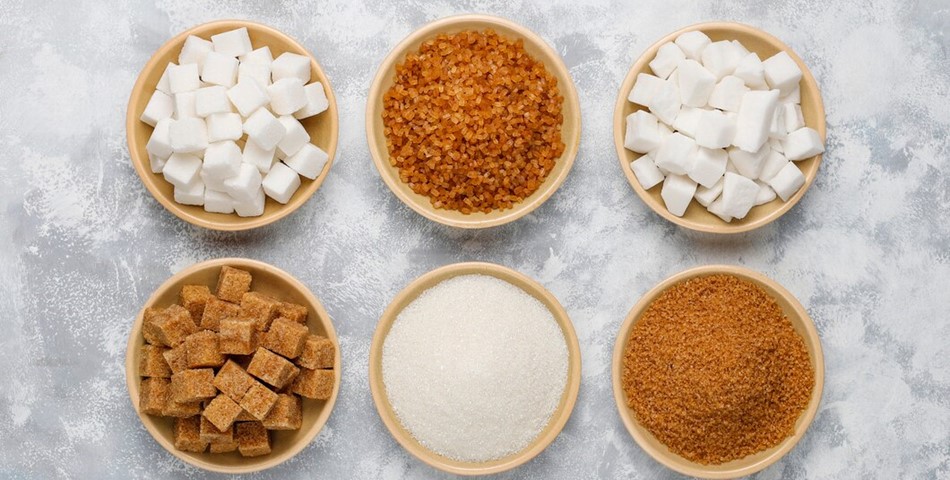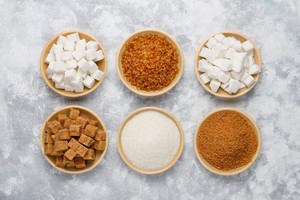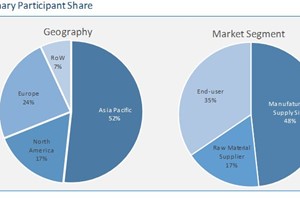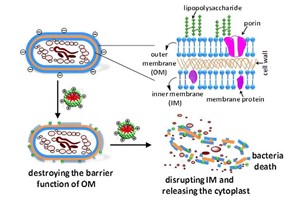In the ongoing quest for healthier lifestyles, the debate surrounding artificial sweeteners has reached a critical juncture. Recent studies have shed light on the potential risks associated with these sugar substitutes, challenging their long-held status as a healthier alternative to traditional sugary drinks. As concerns mount, it's essential to dissect the latest research findings and their implications for public health.
The Link to Atrial Fibrillation (Afib)
A prospective cohort study conducted within the U.K. Biobank has uncovered new links between the consumption of beverages with added sugar or artificial sweeteners and atrial fibrillation (Afib), a prevalent heart condition. Individuals who consumed more than 2 liters of sugar-sweetened beverages or artificially sweetened beverages weekly exhibited a greater risk of incident Afib within 10 years compared to non-consumers. These findings, published in Circulation: Arrhythmia and Electrophysiology, have significant implications for dietary recommendations and cardiovascular health.
Unveiling the Risks
The study's authors emphasize the potential health risks posed by excessive consumption of sweetened beverages, whether laden with sugar or artificial sweeteners. While the association between these beverages and Afib persisted even after adjusting for genetic susceptibility, questions linger regarding the precise mechanisms underlying this link. Furthermore, concerns extend beyond Afib, with artificial sweeteners like erythritol, which was marketed as a healthy, low-calorie alternative, also implicated in cardiovascular disease. The findings underscore the need for further research to elucidate the complex interplay between dietary habits and cardiovascular health.
Navigating Dietary Guidelines
Amid mounting evidence linking sweetened beverages to adverse health outcomes, current federal dietary guidelines advocate for limiting the intake of foods and beverages with added sugars. However, the inclusion of artificial sweeteners in dietary recommendations remains contentious. American guidelines refrain from endorsing the consumption of low- and no-calorie sweeteners, urging caution in their use. The evolving landscape of dietary guidance underscores the importance of informed decision-making and moderation in beverage consumption.
A systematic review conducted by the WHO has cast doubt on the efficacy and safety of artificial sweeteners in achieving long-term weight loss. According to Francesco Branca, WHO director for nutrition and food safety, substituting sugars with artificial sweeteners fails to aid weight control in the long term and may even pose health risks. The review suggests a potential association between the prolonged use of non-sugar sweeteners (NSS) and an increased incidence of type 2 diabetes, cardiovascular diseases, and mortality among adults. In addition to this, The review highlighted that non-sugar sweeteners may pose a risk of type 2 diabetes among other health risks in adults.
The Aspartame Conundrum
The classification of aspartame as a "possible" carcinogen by the International Agency for Research on Cancer (IARC) has sparked renewed scrutiny of artificial sweeteners. While some expert groups maintain the safety of aspartame in limited quantities, concerns persist regarding its long-term health effects. The divergent viewpoints underscore the complexity of assessing the risks associated with artificial sweeteners and the need for comprehensive research to inform public health policies.
Aside from
Redefining Healthy Choices
As the discourse surrounding artificial sweeteners evolves, consumers are urged to reevaluate their beverage choices. Contrary to conventional wisdom, sugar-free alternatives may not offer the health benefits once presumed. Emerging evidence suggests that artificial sweeteners can disrupt blood sugar levels, exacerbate insulin resistance, and alter gut microbiota. With millions of undiagnosed cases of type 2 diabetes, heightened awareness of the potential risks associated with artificial sweeteners is paramount.
According to recent findings from researchers at John Hopkins University, individuals, including diabetics and those prioritizing health, are increasingly turning to sugar-free options for their favorite beverages. However, an analysis of the latest research suggests that both saccharin and sucralose may lead to elevated blood sugar or glucose levels and have detrimental effects on the gut microbiome—the community of organisms inhabiting our digestive tracts. In a study involving random groups of healthy, non-diabetic individuals, participants consuming saccharin and sucralose experienced significant spikes in their blood sugar levels. A 2022 study in Frontiers in Nutrition found that maternal consumption of aspartame and stevia influences the gut microbiota of offspring.”Consumption of low-dose aspartame and stevia showed limited influence on the overall structure of cecal microbiota in dams but significantly altered cecal microbiota of their 3-week old offspring.”
Conclusion
The latest research on artificial sweeteners challenges prevailing notions of their safety and underscores the need for informed dietary choices. As concerns mount regarding their impact on cardiovascular health and metabolic function, consumers are encouraged to exercise moderation and prioritize whole, unprocessed foods. In navigating the sweet debate, vigilance and awareness are essential to safeguarding personal health and well-being in an increasingly complex food landscape.
foodHQ Staff














